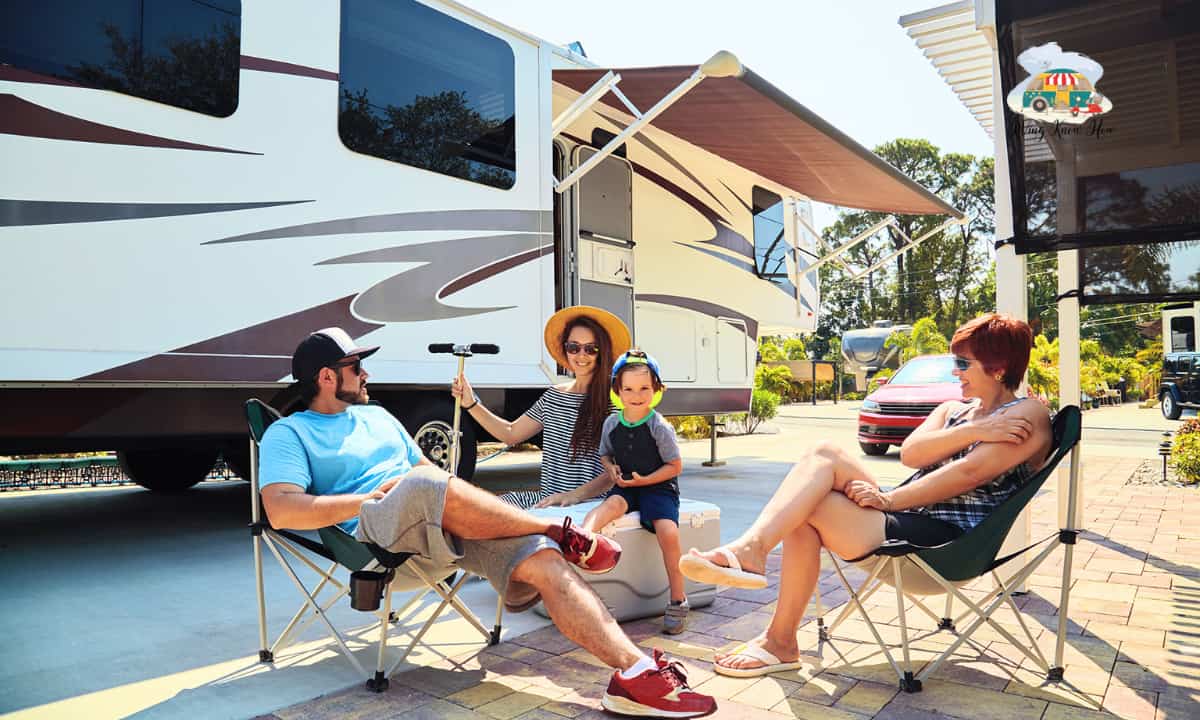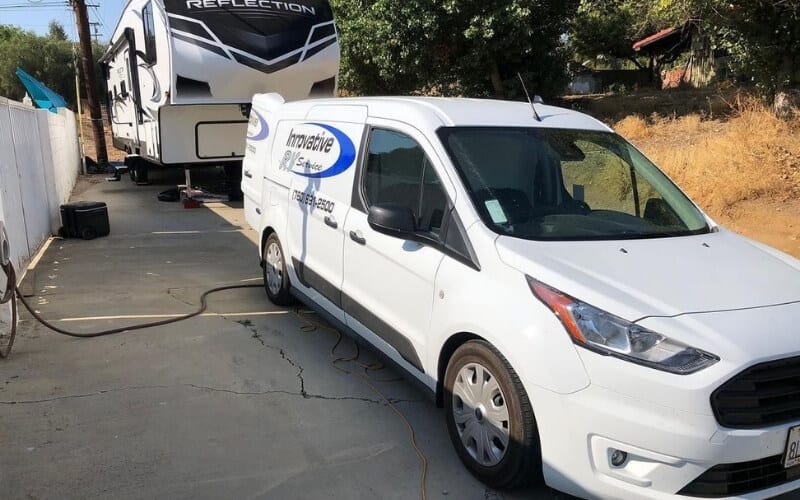Investing in a travel trailer is so hot right now! From big to small and from boxes to rectangles to teardrops, you have so many options to find the right design and floor plan for your camping needs.
But there are some hidden dangers of investing in a travel trailer.
It starts with the demands of learning how to tow one of these trailers and includes the often questionable construction quality that too many trailer manufacturers seem content with.
Today, we are going to focus on the reasons you should not buy a travel trailer.
To be completely honest, a travel trailer might be the perfect camping vehicle for you.
But if you are waffling between one of these trailers and a 5th wheel or RV, you should be aware of the downsides of this type of recreational vehicle!
Reasons You Should Not Buy a Travel Trailer
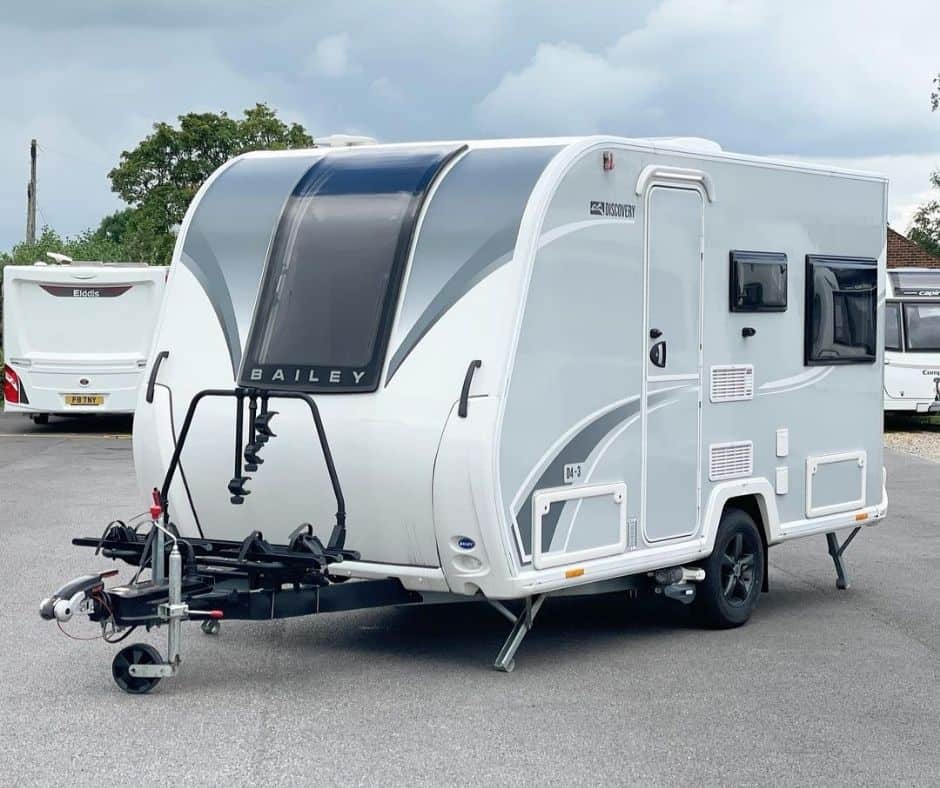
While travel trailers aren’t as expensive as the best luxury class A RVs, for example, they are still a significant investment.
You should know what you are getting into, so here are a few of the major disadvantages of travel trailer ownership.
1. The Value of a Travel Trailer Decreases Rapidly
If you buy a new travel trailer from a dealership, its value decreases from the second you drive it off the lot.
The only travel trailers that hold their value reasonably well are vintage trailers, molded fiberglass trailers, and those from brands like Airstream.
There are three primary factors that contribute to the fact that travel trailers don’t hold their value well:
The positive to this is that you can usually find a reasonable deal if you are trying to buy a used travel trailer.
But don’t be surprised if your new travel trailer decreases in value by as much as 20% in the first year and by as much as 40% of its original value by Year 5.
2. Most Travel Trailers are Mass-Produced
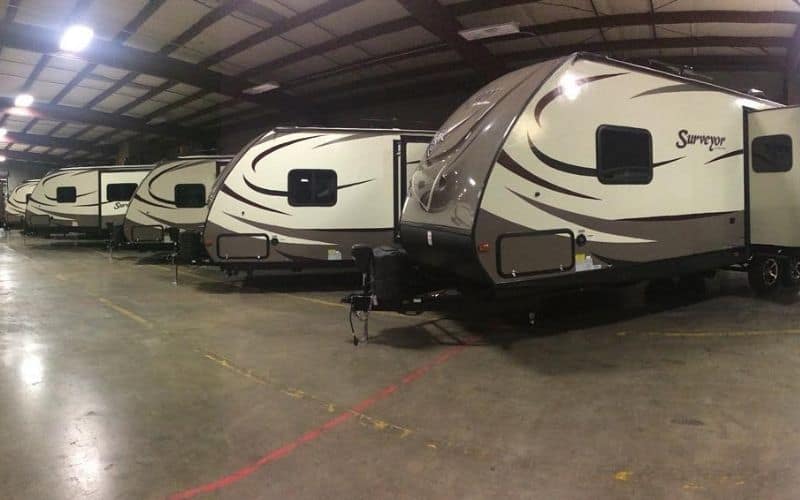
Despite their disadvantages, there is still a relatively high demand for travel trailers.
A side effect of this high demand is the added incentive that manufacturers have to produce them as quickly as possible.
Believe it or not, most of the most popular travel trailers on the market are assembled in less than 24 hours.
One reason you should not buy a travel trailer is that automated mass production generally leads to reduced construction quality.
In cases where workers are still assembling travel trailers by hand, manufacturers usually pay based on unit completion instead of with an hourly rate.
This pay structure incentivizes workers to sacrifice quality for quantity.
While this issue is becoming increasingly common amongst manufacturers of all RV classes as well, regular travel trailers are traditionally known to use the lowest quality of materials and components in addition to fast-tracking the manufacturing process.
3. Travel Trailers Are Riskier to Tow Than 5th Wheels
Another reason to avoid buying a travel trailer is that they are less safe to tow than 5th wheel trailers and toy haulers.
Unlike regular trailers, 5th wheels essentially use the same coupling mechanism employed by semi-trucks.
This method guarantees safer towing and also makes it easier for you to navigate your trailer into a small campsite.
Travel trailers, on the other hand, often require the purchase of additional towing accessories for safe hauling.
These accessories include sway bars, an upgraded trailer hitch, or aftermarket trailer brakes that take the strain of your vehicle’s chassis and braking components.
Without those accessories, towing a travel trailer is significantly riskier.
If you are only investing in a small travel trailer that is less than 16 feet in length, you can minimize this risk.
For anything over that length, you will need to make additional investments into towing accessories if you want to haul a travel trailer safely.
4. Travel Trailers Kill Your Gas Mileage
Another factor working against travel trailers is that they will compromise your gas mileage.
Travel trailers can decrease your fuel economy by as much as seven miles per gallon, but the extent of their impact is highly dependent on several factors, including:
Most RVs are notoriously bad when it comes to gas mileage, with even the best class A models averaging between 8 and 12 miles per gallon.
Even if your towing vehicle is usually extremely efficient, it is rare for you to get more than 20 miles per gallon when towing a travel trailer.
That being said, the most fuel-efficient class B camper vans out there still only average about 18 to 22 miles per gallon on the highway.
With travel trailers, at least you can drop the trailer at a campsite and enjoy somewhat normal fuel economy when you are exploring from there.
5. You Can’t Ride in a Travel Trailer on the Road
As a kid, we used to love lying down in the back bed to watch movies or take naps while our Dad was driving our RV.
If you want to be able to move about the cabin while you are traveling, this is another reason you should not buy a travel trailer.
While most states technically recommend that all passengers inside RVs remain seated with seat belts fastened, riding inside a travel trailer while you are towing it is definitely illegal.
Additionally, RVs and camper vans have the benefit of being able to climb from the cockpit into the cabin without ever leaving the vehicle.
This is extremely useful when you pull into camp in the middle of a large rainstorm.
With a travel trailer, you will have to leave your vehicle and find your raincoat in order to set up and then gain access to the comfortable space and amenities inside your trailer.
6. Some Travel Trailers Offer Minimal Storage
The best thing about larger RVs and fifth wheels is the ability to bring all of your favorite recreation equipment (and sometimes even larger off-road vehicles).
Another knock against travel trailers is that they tend to offer much less storage space than other types of recreational vehicles.
It could be due to the fact that you will have the entire bed of your truck free to store your camping and recreation equipment when you are towing a travel trailer.
But they will definitely incentivize you to pack minimally for your trailer camping trips.
Of course, larger travel trailers offer more storage space than teardrop trailers or pop-up campers.
If you need more storage, you will often be forced to tow a heavier trailer that requires a truck with a higher towing capacity.
7. Towing a Travel Trailer Requires a Learning Curve for Newbies
As a young driver, I was fortunate that we had a ski boat. My Dad took me to the boat ramp when there was no traffic, so I had plenty of space to safely zig-zag back and forth as I figured out how to back a trailer up.
One of the most compelling reasons you should not buy a travel trailer is that the learning curve for newbies to figure out how to tow them safely can be steep.
This not only includes backing up, but other routine driving tasks like changing lanes, making tight turns, and navigating safely into gas stations and rest stops.
If you are new to towing, one of the best things you can do is to take your travel trailer to a large, empty parking lot.
This will give you plenty of safe space to practice turning, backing up, and other sometimes-tricky travel trailer maneuvers.
8. Travel Trailers Can be Hard for Solo Travelers to Set Up
Traveling with a trailer really isn’t a single man’s (or single woman’s) game.
The difficulty of setting up a travel trailer by yourself is another disadvantage to buying this type of camping trailer.
It is not impossible, but the trailer leveling and setup process is definitely more difficult and time-consuming if you are traveling solo.
This is a brief overview of the general steps you will need to complete every time you want to set up your trailer in a new campsite:
-
Pulling forward onto chocks is always safer than backing onto them
- Your tires should be centered on the chock that is placed at your desired height
- Ideally, you want it to be perfectly level or with the head of your bed slightly uphill
Keep in mind that this is a very general list of the trailer setup process.
In many cases, you will need to perform several of these steps multiple times over if you are traveling solo, which is why it is much tougher than traveling in a camper van or small motorhome.
9. Travel Trailer Come with High Maintenance Costs
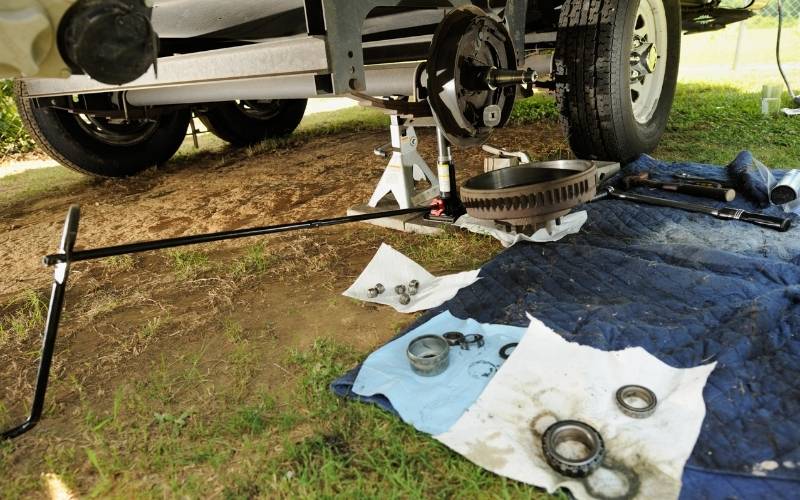
Travel trailers owners can expect to spend anywhere from $500 to $1,000 per year to maintain a trailer properly.
These costs will also go up depending on how frequently you use your trailer and any unexpected accidents that result in more costly repairs.
The high maintenance costs associated with travel trailers are another factor that should cause you to think twice before purchasing one.
While travel trailers cost less than some other types of recreational vehicles, their maintenance costs will need to be factored into your annual budget.
Some examples of maintenance tasks that are required on travel trailers regularly include:
While newer travel trailers should come with lower annual maintenance costs, costs will go up as your rig ages.
If you want to keep it looking and performing like new, you will have to spend the time and money to make it happen.
10. Travel Trailers Put Extra Stress on your Tow Vehicle
Another reason to pause before you purchase a travel trailer is the added strain that they place on your tow vehicle.
Depending on the size of the trailer you are towing, this stress will negatively impact your vehicle’s brake pad life, tire tread, and even vehicle alignment.
Choosing a trailer with trailer brakes is always a good choice if you do decide to go with a travel trailer.
Otherwise, you will burn through brake pads and even brake discs so much faster than normal.
Additionally, towing a travel trailer can tax your vehicle’s transmission and drivetrain.
If you do tow a travel trailer a lot, you will need to be very diligent when it comes to servicing your vehicle according to the manufacturer’s severe service tables (this can be found in your owner’s manual).
There are also a few changes you can make to your driving habits in order to minimize stress on your vehicle. Here are a few useful suggestions:
While these tips won’t completely negate the strain a travel trailer will place on your tow vehicle, they can help to mitigate the impacts to some extent.
11. Travel Trailers Wear Down if Not Stored Properly
Another reason to shy away from buying a travel trailer is that they must be stored properly if you want them to last.
Because they are made quickly and with lower quality materials, they must be covered and kept out of the elements as much as possible when you aren’t using them.
On average, it costs anywhere between $90 and $200 per month to store your travel trailer in a traditional RV storage facility.
You can save this money by storing your trailer at home, but you will need to follow the proper steps for winterizing a camping trailer.
It’s Not all Doom-and-Gloom, Though!
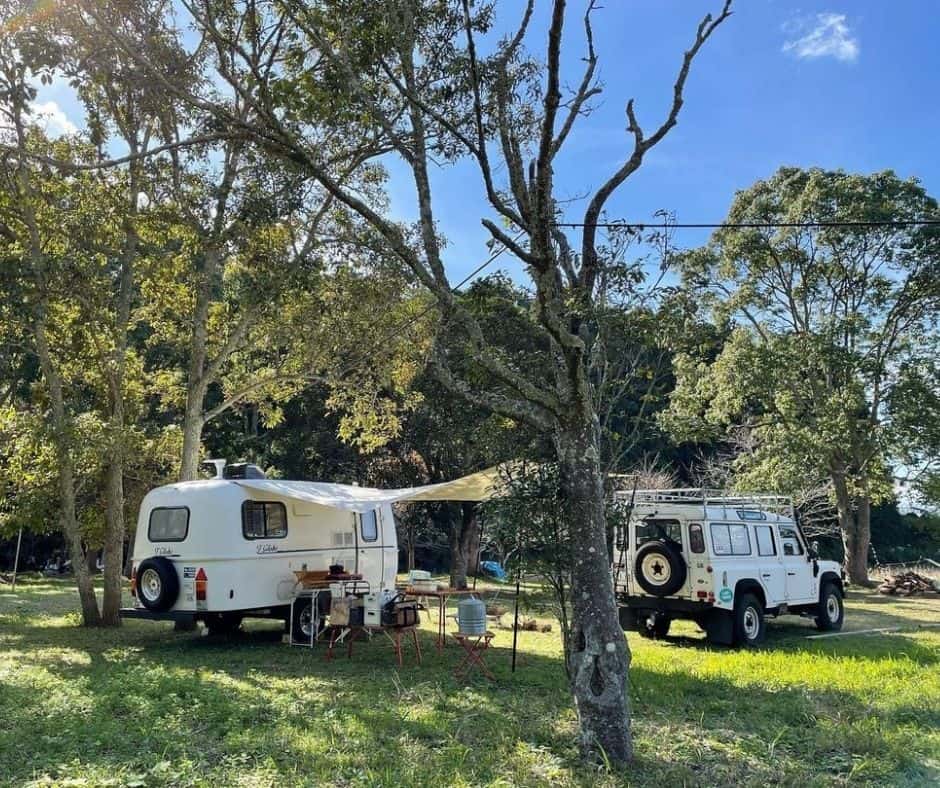
While our focus today has been on the reasons you should not buy a travel trailer, we want to be clear that all types of RVs and travel trailers have pros and cons.
So, to be fair, here is a quick rundown of the many benefits of buying a travel trailer:
All in all, travel trailers aren’t a terrible investment for the right campers.
It is best for people that have towing experience and are well-versed in how to maintain a trailer properly.
Conclusion
We hope that these reasons you should not buy a travel trailer have given you some serious food for thought as you evaluate your ideal recreational vehicle purchase.
As always, we wish you a happy searching process and the best of camping adventures to come!

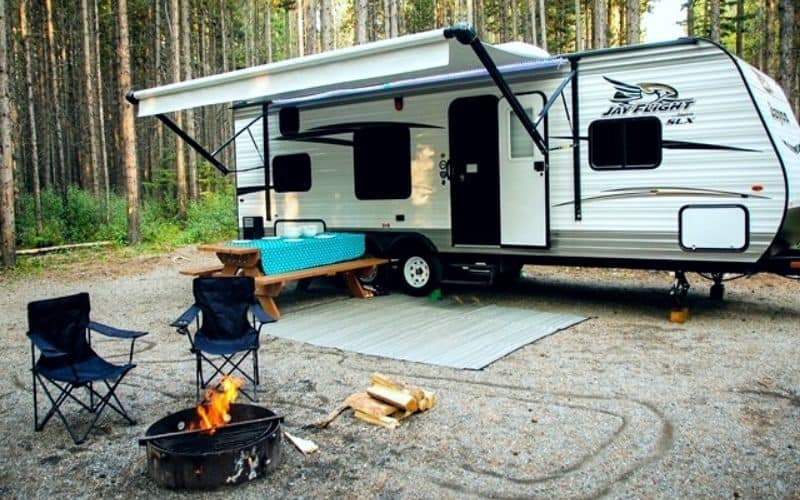
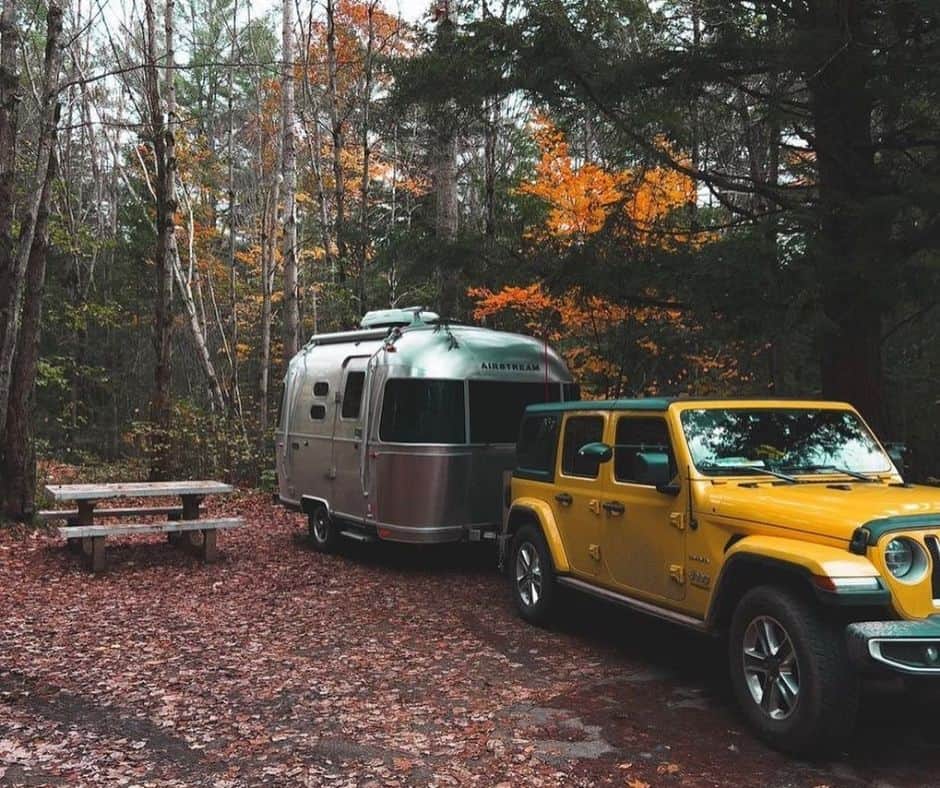
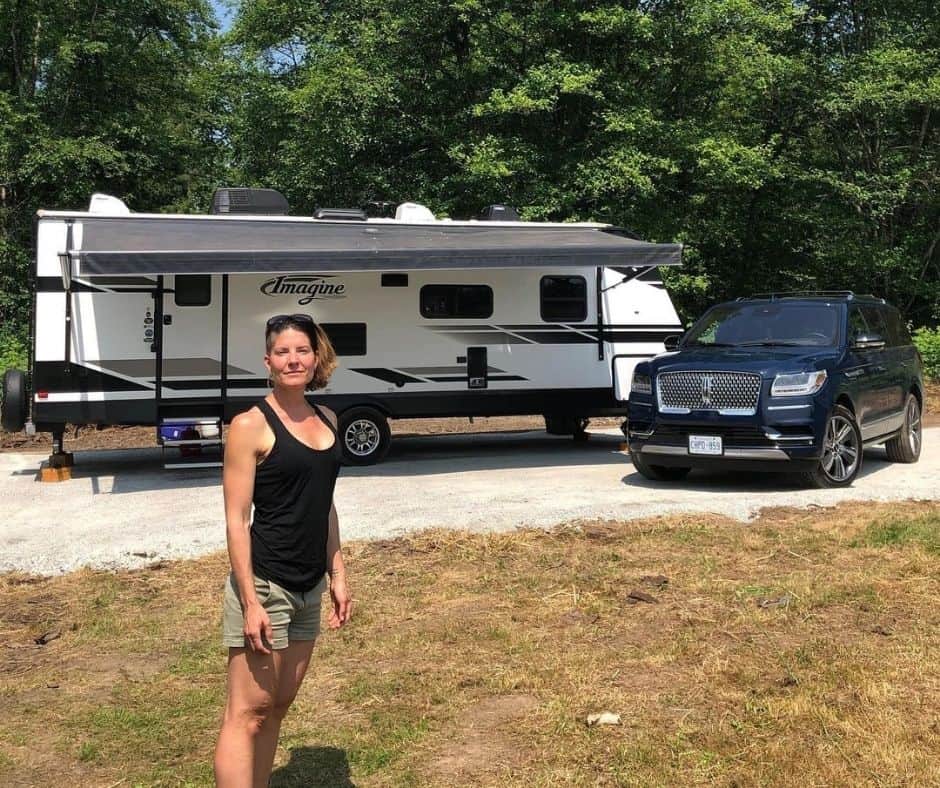
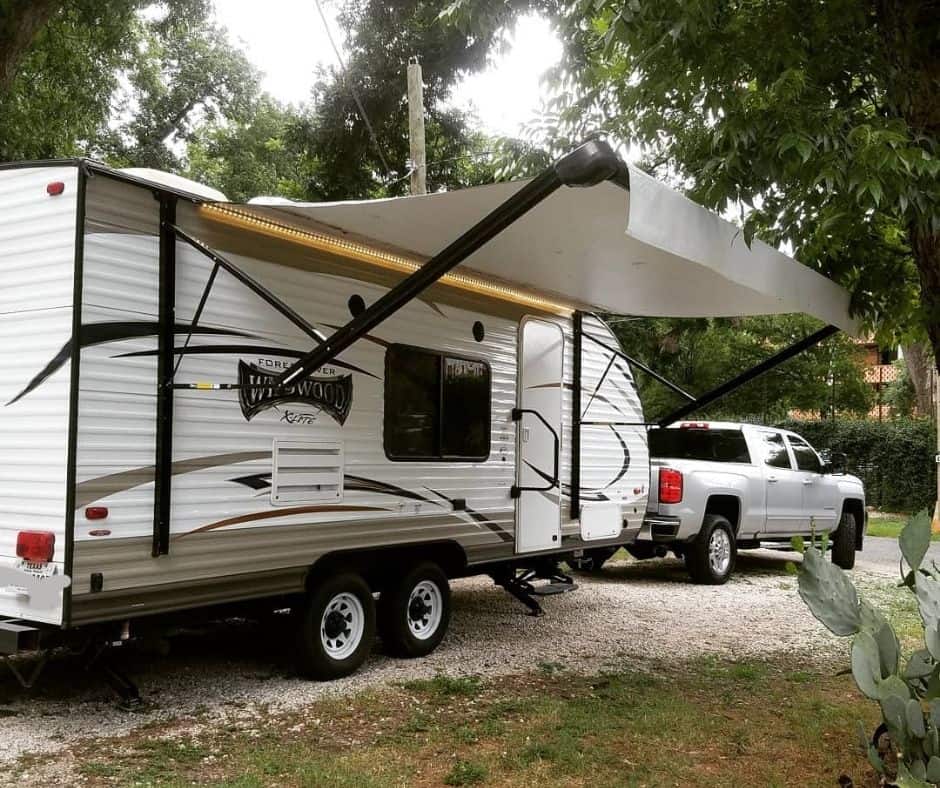

![6 Great 3 Bedroom RVs (Motorhomes and Travel Trailers) in [currentyear] 10 Are There 3 Bedroom RVs](https://www.rvingknowhow.com/wp-content/uploads/2022/04/Are-There-3-Bedroom-RVs-150x150.jpg)
